Affected the antisocial or dissocial personality disorder, short APS called, disregard social norms in their behavior and have little or no empathy. The behavior of those affected cannot be changed by positive or negative reinforcement from outside, on the contrary, punishment will trigger defiant reactions. Psychopathy is a severe form of antisocial / dissocial personality disorder.
What is Antisocial Personality Disorder?

© mokee81 - stock.adobe.com
Antisocial personality disorder is a serious disorder that already appears in childhood and adolescence with truancy, vandalism and frequent lies.
In adulthood, antisocial personality disorder manifests itself with physically aggressive behavior, financial problems, and social recklessness.
Affected people of all ages are impulsive, willing to take risks, easily irritable and have a low tolerance for frustration. Social ties are rare due to the lack of empathy, but those affected are good manipulators.
It is interesting that, on the one hand, the disorder is associated with a high crime rate, but on the other hand, studies have shown that antisocial personality disorder can be a career engine.
Depending on the state of research, a distinction is made between the antisocial and the psychopathic personality disorder, viewed as an extreme case of APS or both are referred to as synonyms.
causes
The causes of antisocial personality disorder have not yet been adequately researched. However, one can assume an interplay of genetic and social factors that causes the problem.
The genetic factor could be proven in twin studies; the disorder occurs significantly more frequently in identical twins than in dizygotic twins. Adoption studies with twins further proved that the genetic factor is only conditional, not triggering.
Most of those affected had family problems in childhood, including a lack of love and attention, neglect and physical or emotional experiences of violence, and insufficiently oriented educational standards.
You can find your medication here
➔ Medicines to calm down and strengthen nervesSymptoms, ailments & signs
This disease is associated with serious psychological complaints that have a very negative effect on everyday life and on the patient's quality of life. In extreme cases, it can lead to thoughts of suicide and ultimately suicide if the disease is not treated properly. In most cases, those affected with this disease appear aggressive and very irritable.
Especially in children, this disorder can therefore also significantly delay and restrict development. Many patients experience outbursts of anger or anger that arises for no particular reason. It is not uncommon for them to be destructive, so that patients can injure other people or destroy objects. Furthermore, complaints occur when they come into contact with other people, with those affected having only few social skills.
The capacity for empathy is also extremely reduced or absent in this disease. Most patients act selfishly and only think about their own well-being. Often there are therefore lies or various actions are kept silent. The disease therefore also has a negative effect on the relationship with the relatives or the partner of the person concerned.
Diagnosis & course
The diagnosis in ICD10 and the more modern classification system DSM-IV shows significant differences, among other things, the DSM-IV specifies an age limit from 18 years and speaks of antisocial, ICD10 of antisocial personality disorder.
Psychiatrists use the DSM-IV more often for diagnostics, so the following is a brief overview of the diagnostic criteria mentioned there.
1. Since the age of 15, the person affected has shown a strong pattern of disregarding the rights of others. A distinction is made between seven criteria.
2. The diagnosis cannot be made until the person concerned is 18 years of age or older.
3. Disturbed social behavior in the sense of dissociality occurred before the age of 15.
4. The antisocial behavior must not be episodically related to schizophrenia or mania.
Only a few statements can be made about the course of the antisocial personality disorder. It is important that antisocial behavioral problems in childhood are a sure indicator of later antisocial disorder.
It was also found that antisocial behavior decreases with increasing age and those affected become calmer in middle age.
When should you go to the doctor?
With this disease it is definitely necessary to see a psychologist. This can avoid further complications. In an emergency or in serious cases of this disease, a stay in a closed clinic is necessary. Above all, the parents and relatives of a patient must recognize the symptoms and offer or initiate treatment.
As a rule, a doctor should be consulted if the person concerned shows aggression and outbursts of anger. Likewise, the patient has hardly any social skills and cannot correctly assess his actions and behavior. The person concerned also completely lacks empathy.
Persistent lying can also indicate the disease and should be examined by a doctor. These symptoms can occur especially in adolescents aged 15 and over. This condition is usually treated by a psychologist. However, friends and relatives of the patient can also contribute significantly to a positive course of the disease.
Doctors & therapists in your area
Treatment & Therapy
The problem with the treatment of an antisocial personality disorder is that any therapy requires the patient's suffering. Only when this is available will a patient decide on therapy and actively work on his or her recovery.
However, anti-social personalities do not have psychological stress. On the contrary: They feel comfortable with themselves and are more likely to get annoyed with those who do not understand them, i.e. mostly those around them. Those affected do not understand why their lives should be easier if they comply with social and legal norms. However, family and doctors should show empathy and train those affected to develop empathy. Another possible therapy is practicing impulse and affect control.
Are those affected, however, ready for therapy and find a psychotherapist or psychiatrist who classifies them as capable of therapy and wants to work with them. The combination of highly structured behavioral therapy and the administration of psychotropic drugs promises the greatest success. Both start with the factor of impulse control, because the emotional and empathic inability seem to be biologically conditioned and therefore incurable. However, one can try to promote empathy.
Outlook & forecast
Antisocial personality disorder cannot be cured, but the person affected can learn to deal with the consequences of this personality disorder and to lead a largely normal life.
Those affected need psychological care for years, which can be difficult because they often do not feel any pressure for a long time. Your fellow human beings urge you to visit the psychologist, which is not a good prerequisite for a sustainable improvement in dealing with other human beings and your own position in society. If professional help is sought early in life, the chances are better that the person will learn to deal with their personality disorder in a way that allows them to integrate into society without being noticed.
The longer an antisocial personality disorder can develop, the more likely it becomes that affected people get into social difficulties. For example, you are particularly at risk of criminal acts. This can be avoided with timely psychological help.
A voluntary therapy that has already started is not infrequently discontinued in the case of dissocial personality disorder, which worsens the chances of those affected to lead a normal life. Furthermore, people with dissocial personality disorder have an increased risk of suicide, although they do not necessarily suffer from depression. Rather, this is due to an increased risk awareness, but still represents a risk factor for them.
You can find your medication here
➔ Medicines to calm down and strengthen nervesprevention
There is only one means of preventing antisocial personality disorder: a loving, trustworthy and orientating home. If this cannot be granted, early therapy should take place with the first antisocial behavior in order to stop or at least mitigate the course of the antisocial personality disorder.
Aftercare
In the case of this personality disorder and psychopathy, the person affected usually has very few or no options and measures for aftercare available. The person concerned is primarily dependent on a quick and early detection of this disease so that there are no further complications and also no worsening of the symptoms.
The earlier the personality disorder and psychopathy are recognized, the better the further course of the disease is usually, although a complete cure cannot always be guaranteed. It is also important that the relatives and friends of the person affected also deal with this disease and inform themselves about the disease in order not to engage in wrong behavior.
As a rule, the person affected with the personality disorder and psychopathy is dependent on a visit to a psychologist and continues to be dependent on taking medication. It is important to ensure the correct dosage with regular intake in order to permanently alleviate the symptoms. Visits to the psychologist should also be carried out regularly. Typically, the personality disorder and psychopathy do not reduce the life expectancy of the person affected.
You can do that yourself
Self-treatment for a mental disorder is difficult in principle. Often those affected are not aware of their illness themselves or they deny it. However, treatment can only be successful if the patient actively participates in it. In addition, mental illnesses cannot be cured by self-treatment. Only supportive measures can contribute to faster healing.
Family members and friends usually recognize an existing problem first. You should actively seek the conversation. If the person concerned is ready for therapy, he must consistently participate in it. In addition, the offer of a professionally supported self-help group can be used. Exercises for impulse and affect control as well as further behavioral training form the basis. These should also be repeated at home with people you trust. This requires constant support from the patient's social environment.
There is often no alternative to taking medication as a supplement. These must also be taken constantly. If the therapy progresses successfully, those affected can also choose other methods that give them inner stability.
Autogenic training or yoga are an option. If the first signs of a lack of impulse control appear in children, treatment should be started at an early stage. The accompanying educators are also asked to give parents advice. A stable and loving home offers the best support.

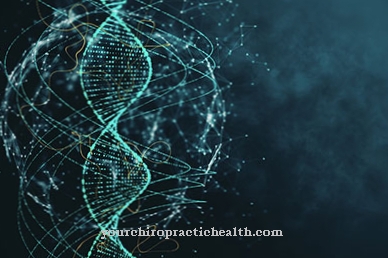
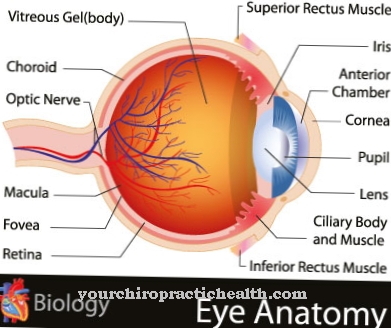
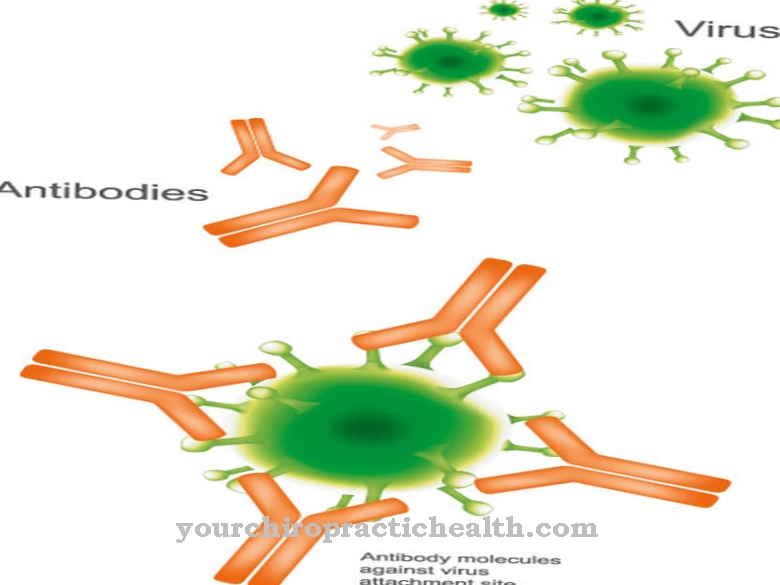
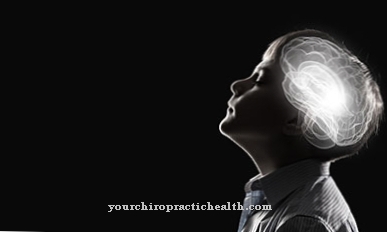
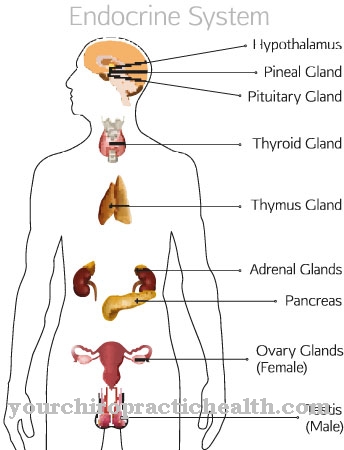
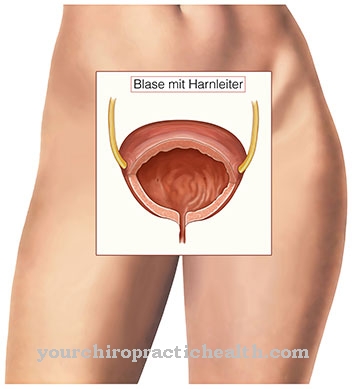


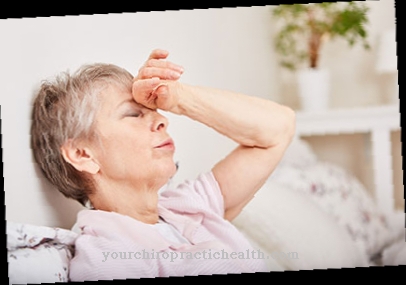


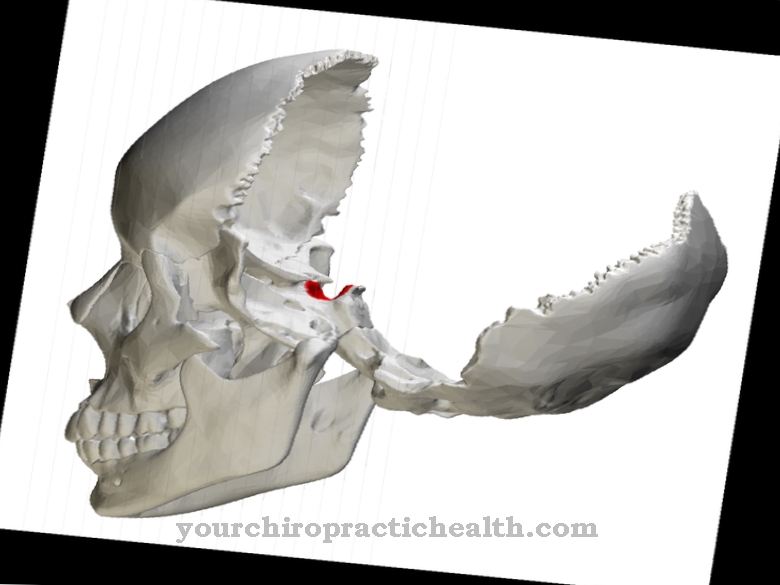
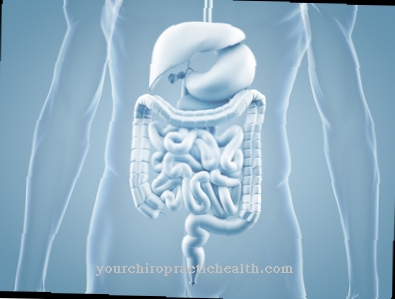


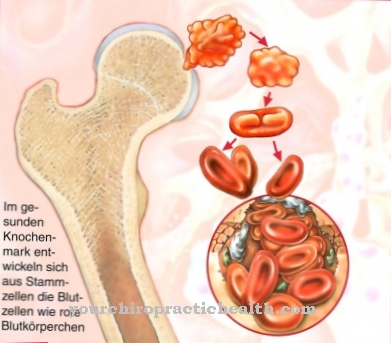


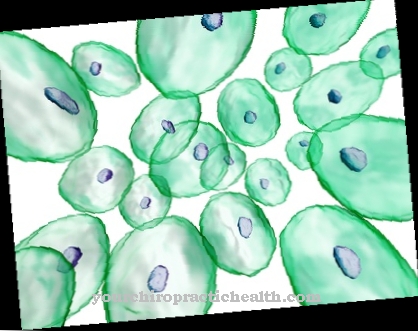



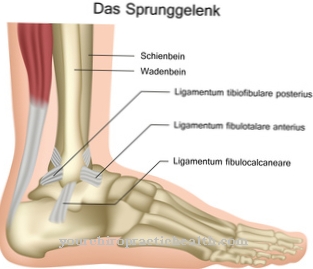

.jpg)

.jpg)
